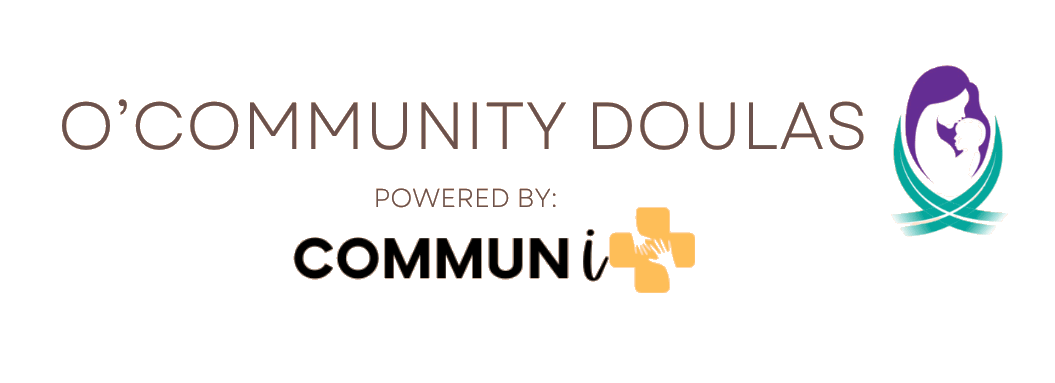Blog
Navigating Triggers: A Guide for Peer Counselors”
Introduction:
As peer counselors, we embark on a journey of support and empathy, aiming to help others navigate their challenges and find resilience. Yet, amidst our noble pursuit, we encounter our own hurdles – triggers that stir up our emotions and test our resolve. In this guide, we delve into the intricacies of overcoming triggers as peer counselors, offering insights and strategies to fortify our emotional resilience and enhance our effectiveness in supporting others.
Understanding Triggers:
Triggers are stimuli that evoke strong emotional responses rooted in past experiences. They can vary widely, from certain words or phrases to specific situations or behaviors. As peer counselors, it’s crucial to recognize and acknowledge our triggers, understanding that they stem from our own unique life experiences and vulnerabilities.
Embracing Self-Awareness:
Self-awareness serves as our compass in the tumultuous seas of counseling. By exploring our triggers with honesty and compassion, we gain deeper insights into our emotional landscape. Take time for introspection, journaling, or seeking feedback from trusted colleagues to illuminate the roots of your triggers.
Prioritizing Self-Care:
Self-care isn’t a luxury; it’s a necessity, especially for those in the helping professions. Cultivate practices that nourish your mind, body, and soul, whether it’s practicing mindfulness, engaging in creative pursuits, or simply spending time in nature. Remember, you can’t pour from an empty cup – prioritize your well-being to better serve others.
Establishing Boundaries:
Boundaries are the guardians of our emotional sanctity. As peer counselors, it’s imperative to set clear boundaries to safeguard our mental and emotional health. Communicate openly with those you counsel about your limitations and areas of sensitivity. Remember, saying “no” to others is saying “yes” to yourself.
Seeking Support:
Even the most seasoned counselors need a shoulder to lean on. Reach out to your support network – whether it’s fellow counselors, supervisors, or mentors – when you’re grappling with your triggers. Vulnerability fosters connection and strengthens our resolve to weather life’s storms together.
Continuous Growth and Learning:
The journey of a counselor is one of perpetual growth and learning. Invest in your professional development, seeking out training opportunities, workshops, and supervision to hone your counseling skills and deepen your understanding of mental health issues. Embrace humility, knowing that there’s always more to learn.
Conclusion:
As peer counselors, our journey is paved with both challenges and triumphs. By confronting our triggers with courage and compassion, we cultivate emotional resilience and amplify our capacity for empathy. Remember, in our quest to support others, we must first nurture ourselves. Together, let us navigate the labyrinth of triggers, emerging stronger and more compassionate than ever before.
